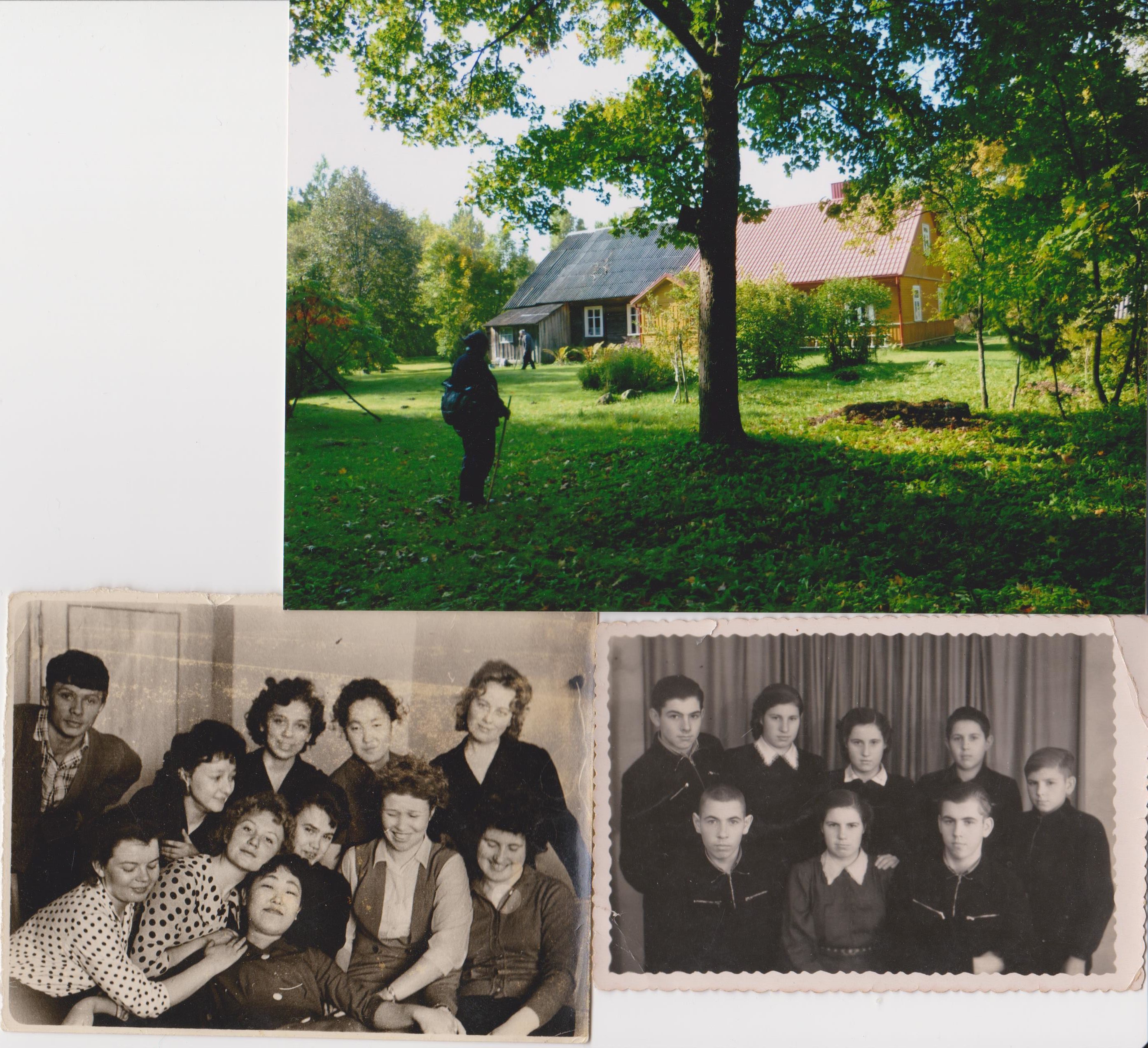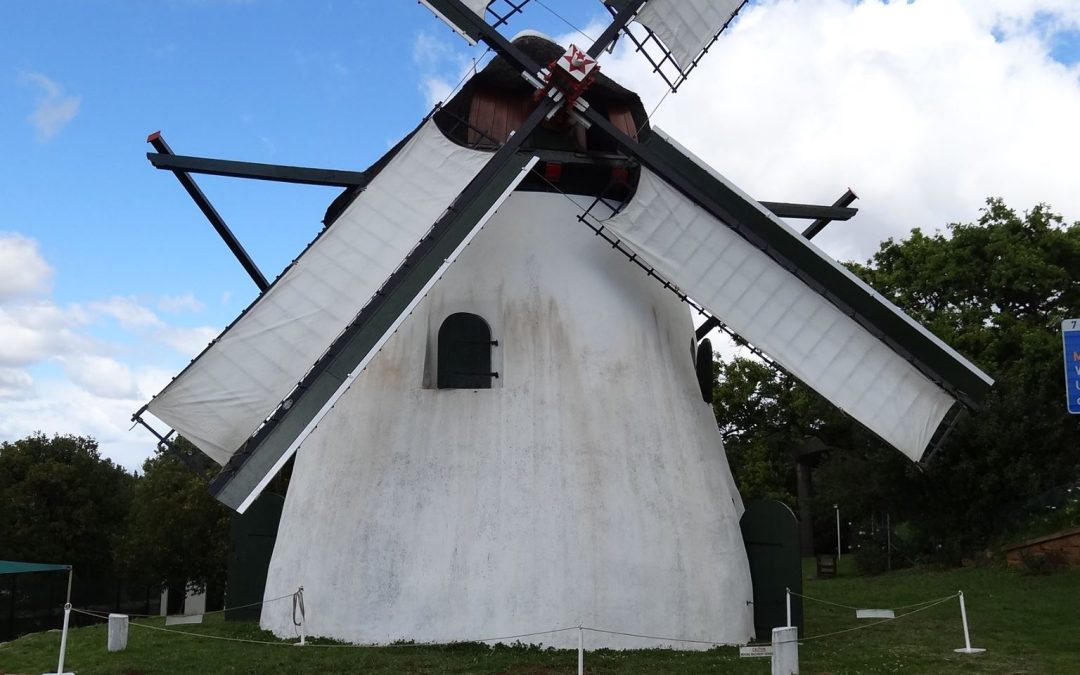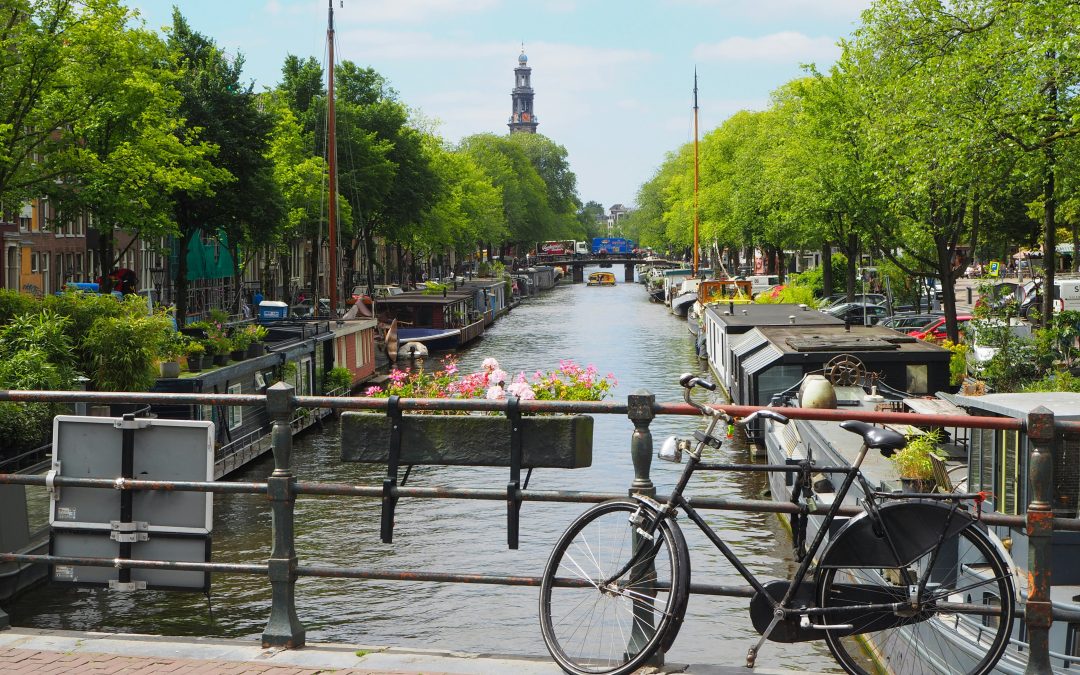We certainly had a cold winter this year, but for all concerned South Africans abroad the harshest hurricane was the passing of the motion on expropriation without compensation. My worldwide survey showed that almost one out of three South Africans living overseas would dearly like to return to a stable, safe South Africa. But alas! the big hope of the business world, President Cyril Ramaphosa, merely confirmed once again that the ANC government is simply unable to comprehend the cornerstones of a market economy. Neither does he seem to be in tune with the concerns of the general population, where 70% list unemployment as their main worry, and only 2% point to farming as their main aim. To quote from the respected Economist: “If the government rips up title deeds, no sane investor will put money into South Africa and the economy will nosedive, as Zimbabwe tragically shows.”
One of my regular patients experienced the extreme consequences of a brutal leader who certainly had no qualms about ripping up title deeds: Joseph Stalin. This is her compelling story.
My Trans-Siberian Journey
At the onset of World War II, Russia occupied all the Baltic States. On 14 June 1941 the first of many deportations of Lithuanians to Siberia took place. This was the families of civil servants, military personnel, doctors, teachers and such like. This was the cruellest of all the deportations – less than 40% of the deportees survived. Families were split up and many died under harsh conditions.
After the war there were several more deportations, and my family was deported on 22 May 1948. The train probably consisted of between 40 and 50 cattle trucks of different sizes, ours was one of the larger ones. There were no seats, bunks or anything else, just the bare truck. People’s possessions were piled up on the floor with the people sitting on top. There were small openings high up in the trucks, and youngsters would clamber on the luggage to try to see out. There were probably around 80 people in our truck. To start with, no food was given to us but at a later stage in the journey some food was provided but it was very minimal. The whole train journey from Lithuania to Siberia took a month. The train would stop outside the stations to allow people to go to the toilet at the side of the track. Sometimes these stops would be for half an hour, sometimes much longer. Local people would sometimes bring their locally produced food to exchange for the deportees’ belongings. Examples of this food would be pickled gherkins, cabbage or mushrooms, cottage cheese and milk. The Lithuanians would barter using items of their clothing. Of course, we were always accompanied by armed guards. When we reached the Ural Mountains (at Ekaterinburg) we were taken to a massive bathhouse where we were divided into sexes, stripped naked and allowed to wash. All our clothing was steamed all together and then returned to us, although no doubt most people ended up with someone else’s clothing. Our journey ended in Taishet in the south of Siberia, two days’ train travel before Lake Baikal. We were taken in lorries 80 km into the taiga (virgin pine forest). Some families were chosen here by the local officials to work either on farms or other small workplaces, but because our family and others consisted of mainly young children we were not chosen here. We were then taken further into the wilderness where things were completely disorganised. Here the accommodation was in barracks which had previously been used for Russian deportees in the 1930s. Our family had a room probably around 6 metres square with a brick stove in the corner of the room. There was no electricity anywhere there but we had a paraffin lamp. There were my parents (both aged 43) and us five children aged five to 12 (I was the five-year-old). Smaller families had to share a room of the same size. We lived there for six years. In winter the windows would be all frosted up and quite often covered by snow. We had to walk 2 km to school. Our diet consisted mainly of potatoes, and we frequently had livestock (piglet, calf and chickens) in our single room in the coldest weather for a few weeks when they were young.
Winters were of course cold, but beautiful. Life was harsh for our parents but us younger children, not knowing any different, just accepted things as being normal. All of us had to work from the age of 13 in the three months of the summer holidays. Primary school hours were between 8:00 and 12:00, and secondary between 8:00 and 13:00 or 14:00, and it was six days a week. Soon after Stalin’s death in 1953 all deportees were given permission to return to Lithuania, but not the part where they originally came from. My father decided that we should remain in Siberia until our education was completed. In 1954 we could move to Sujetiha where there were better jobs and schooling prospects. My family returned to Lithuania in 1965, although my eldest brother stayed behind where he got married, and died in 2016. My other siblings are still alive.
After Lithuanian Independence in 1991 our original house and land were returned to us. By then my parents were dead and my brothers and sisters scattered, and our wooden house was in a bad state of repair. It was a long bungalow, and I had the worst half demolished and rebuilt, and we now use it as a holiday home (I’ll be going there shortly). The land is let to a local farmer.
Aldona Waterman
The 1941 deportation was the harshest because the Russians wanted to get rid of the potentially most rebellious people who were judged to be harbouring anti-Soviet attitudes solely based on their social standing, political affiliations and religious beliefs.
After the devastating war, people were needed to work in Siberia, which despite its harsh climate, was rich in natural resources. So, Stalin seized private properties in the program of nationalisation and deported the inhabitants to act as free labourers in Siberia.
It is estimated that 130 000 individuals in total were deported, some 70% women and children. This figure does not include the 150 000 political prisoners who were sent to the Gulag prison camps.
Aldona told me that she first saw electric lights when she was eleven. There were no doctors or hospitals, only a nurse across the river. They grew their own vegetables and depended on their own livestock. However today she sees this period of exile as a valuable life experience as she was simply too young to register all the suffering.
Pieter de Lange









